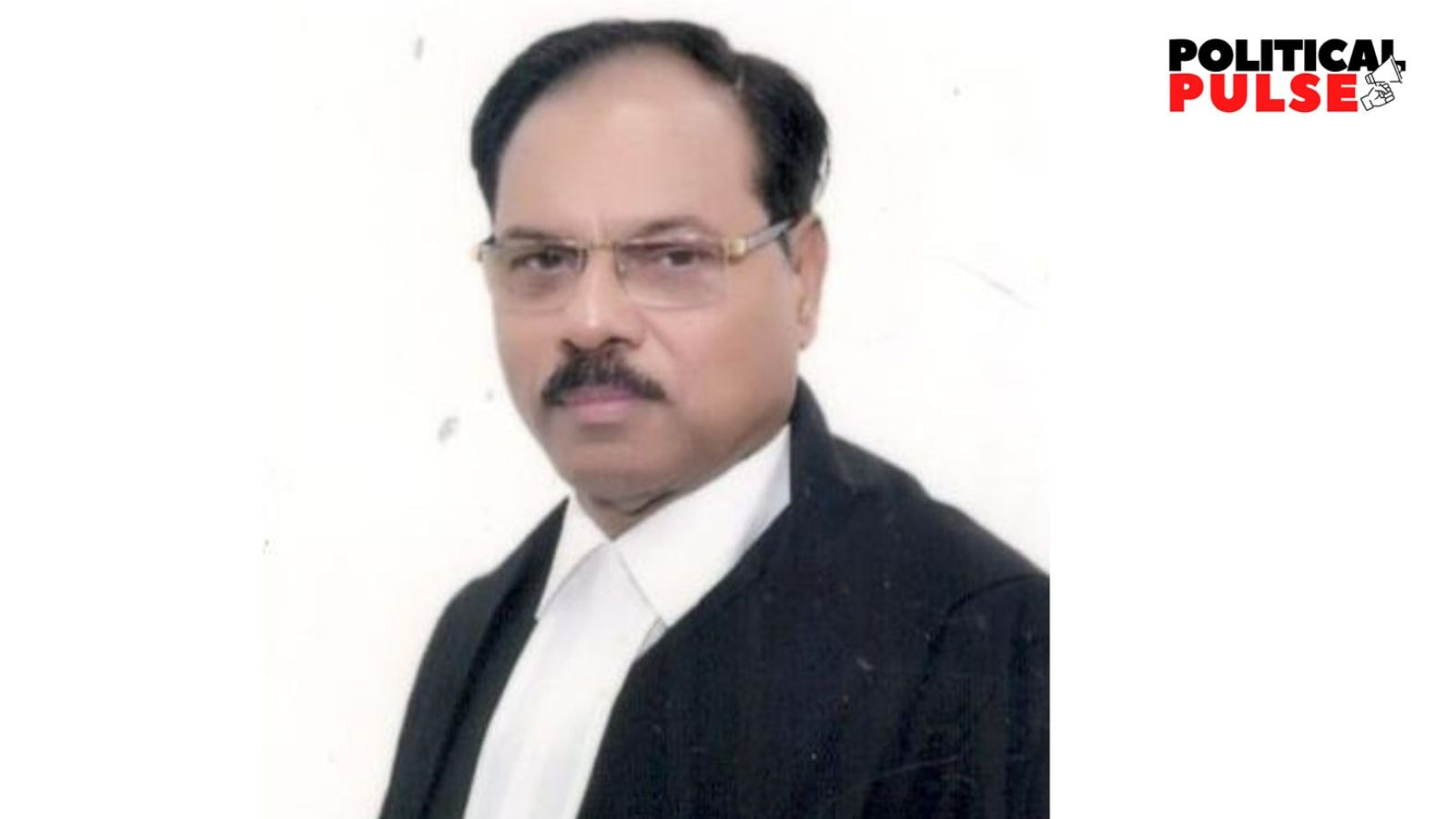 |
|
The Indian legal landscape is currently witnessing a renewed attempt to impeach a High Court judge, underscoring the complexities and challenges inherent in holding members of the judiciary accountable. Aga Syed Ruhullah Mehdi, a National Conference MP, has initiated the process to move an impeachment motion against Allahabad High Court Justice Shekhar Kumar Yadav, following controversial remarks made at a Vishva Hindu Parishad (VHP) event. This action follows a pattern of past attempts to remove judges from their positions, each with its own unique circumstances and outcomes. The success of this motion, however, hinges on securing the necessary number of signatures from parliamentarians – a significant hurdle that has proven insurmountable in previous instances.
The article highlights several past attempts at judicial impeachment, illustrating the historical context and the various challenges involved. In 2018, an impeachment motion against then-Chief Justice of India Dipak Misra failed due to the Rajya Sabha Chairman deeming the allegations inadmissible. This highlights the stringent criteria required to successfully initiate and pursue an impeachment process, demanding substantial evidence of misconduct and procedural correctness. Similarly, attempts to impeach Justice S K Gangele (2015), Justice J B Pardiwala (2015), and Justice P D Dinakaran (2009) ultimately failed or were rendered moot by resignations, emphasizing the difficulties in navigating the intricacies of the impeachment process and the high threshold for removal.
The case of Justice Soumitra Sen (2011) stands out as an instance where the Rajya Sabha passed the impeachment motion, but Justice Sen resigned before the Lok Sabha could deliberate on it. This highlights the potential pressure exerted during an impeachment process, leading judges to choose resignation as a preemptive measure to avoid a potentially damaging public trial. The most high-profile case remains that of Supreme Court Justice V Ramaswami (1993), the first judge to face impeachment in independent India. Although the motion was debated in the Lok Sabha, it failed to secure the requisite two-thirds majority vote, emphasizing the political considerations and divisions inherent in such high-stakes proceedings. The lack of support, even after the motion's introduction, illustrates the profound difficulties in achieving a successful impeachment of a judge.
The current attempt to impeach Justice Shekhar Kumar Yadav mirrors past attempts, demanding a minimum of 100 signatures in the Lok Sabha and 50 in the Rajya Sabha. The article underscores the significant challenges ahead for the MPs initiating the motion. The required number of signatures represents a high threshold, necessitating widespread support across party lines. Given the historical precedent of failed impeachment attempts, the success of this motion remains uncertain. The grounds for impeachment will need to meet rigorous legal and ethical standards, requiring meticulous documentation and credible witnesses. Moreover, the political climate and the potential for partisan influence will heavily impact the outcome.
The impeachment process itself is a complex and intricate one, requiring a thorough investigation into the alleged misconduct. Independent inquiries, often involving judicial committees, are often established to scrutinize the accusations against the accused judge. These inquiries are critical in establishing the validity of the allegations and ensuring fairness and transparency throughout the process. The weight of evidence, the severity of the alleged misconduct, and the overall public perception all play critical roles in determining the fate of the impeachment motion. The judicial independence and the principles of checks and balances within the Indian legal system are central to this process, making it a crucial test of the nation's commitment to upholding these fundamental principles.
The case against Justice Yadav, and the broader context of previous impeachment attempts, underscores the delicate balance between holding judges accountable for misconduct and safeguarding judicial independence. The process itself is a test of this balance and serves as a crucial reminder of the responsibilities and challenges inherent in maintaining a fair and effective judicial system. The outcome of the motion against Justice Yadav will undoubtedly have significant implications not only for his career but also for the wider discussion regarding judicial accountability and the balance of power within the Indian legal and political system. It will be closely watched by legal scholars, political analysts, and the general public, serving as a case study in the complexities of judicial impeachment in India.
Source: MPs want Allahabad HC judge impeached. A look back at 6 bids, and where they ended
